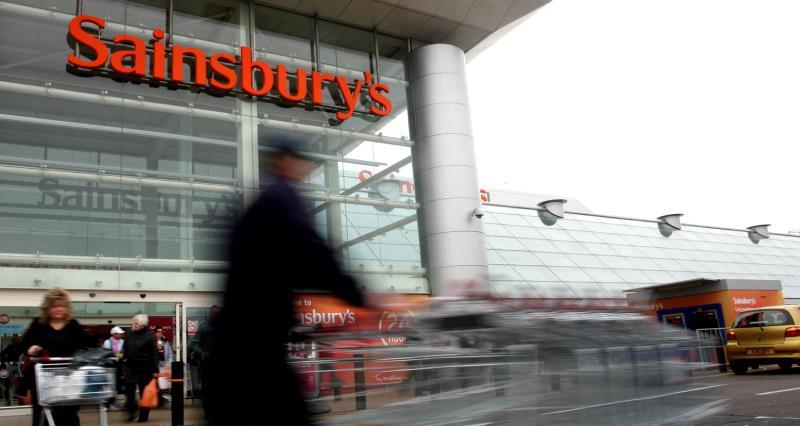This has however been bolstered by Sainsbury’s acquisition of Argos (purchased in 2016), which saw 4.3% growth across the same period. Convenience outlets also posted a small gain, allowing the chain to return 3% overall retail growth.
CEO Mike Coupe has confirmed that the UK’s third largest retailer will remain committed to its current five-point strategy, which includes:
- We know our customers better than anyone else
- Great products and services at fair prices
- There for our customers
- Colleagues making the difference
- Our values make us different
As a result of these commitments Sainsbury’s has extended its pre-prepared vegetable range with products such as butternut squash waffles and sweet potato tagliatelle. It has also reduced promotions – favouring lower regular prices instead – reduced operating costs and cut food waste.
Read more from our food chain team:
Inflation at the tills?
Across the board retailers have been warning of inflation at the tills. Recent industry data suggested food price inflation doubled to 1.4% in the 12 weeks to the end of February, helping lift sales at the major grocers but putting pressure on shoppers' wallets.
Mr Coupe said the grocery market was "very competitive" and facing the "uncertain" impact of inflation, but insisted Sainsbury's was doing everything it could to keep a lid on price rises by working with suppliers and looking hard at its sourcing.
"We've been mitigating price pressures to minimise the impact on consumers," he said.
Inflation will continue, but it is clear Sainsbury’s is determined to shield consumers as much as possible. This is likely to continue to raise pressure and competition within the supply chain.
Inflation was great for supermarkets only when competition was weaker, today there is fierce competition amongst UK retailers, with the top four (Tesco, Asda, Sainsburys and Morrison’s) continuing to lose market share to Aldi and Lidl. 2017 is set to be tough for Sainsbury’s struggling with falling margins across all sectors and the impact of the value of the pound with foreign suppliers (circa 50/60% of food on Sainsbury’s selves).
